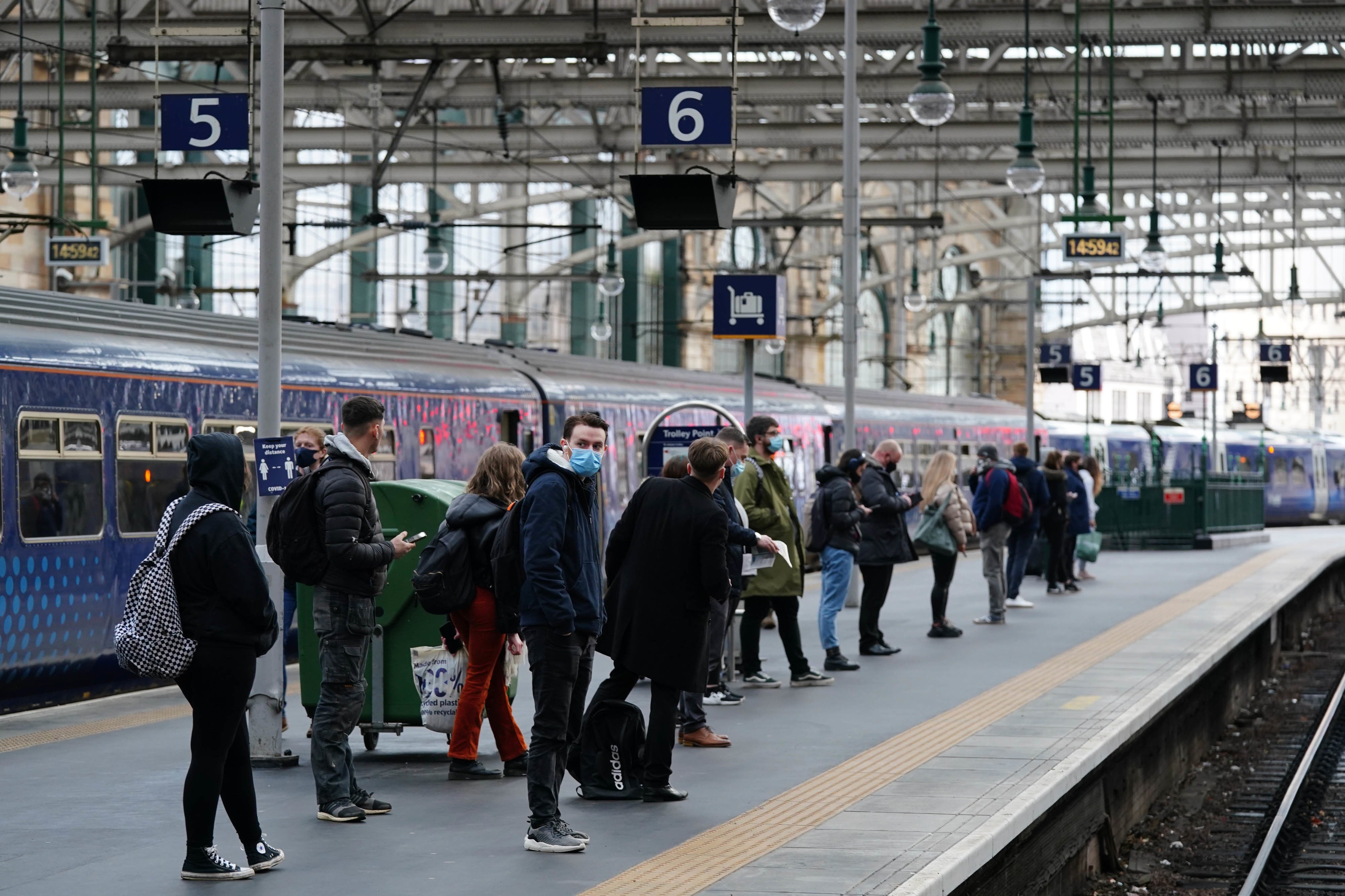UK Covid deaths plunge after all restrictions abandoned – but infections are creeping back up
Week-on-week cases rise by more than 10,000
Your support helps us to tell the story
From reproductive rights to climate change to Big Tech, The Independent is on the ground when the story is developing. Whether it's investigating the financials of Elon Musk's pro-Trump PAC or producing our latest documentary, 'The A Word', which shines a light on the American women fighting for reproductive rights, we know how important it is to parse out the facts from the messaging.
At such a critical moment in US history, we need reporters on the ground. Your donation allows us to keep sending journalists to speak to both sides of the story.
The Independent is trusted by Americans across the entire political spectrum. And unlike many other quality news outlets, we choose not to lock Americans out of our reporting and analysis with paywalls. We believe quality journalism should be available to everyone, paid for by those who can afford it.
Your support makes all the difference.Coronavirus deaths in the UK have fallen since restrictions were lifted, but cases have started to creep back up.
Daily cases on Wednesday saw a week-on-week rise for the first time in a month.
The government lifted the legal requirement to self-isolate after testing positive for Covid-19 last Thursday, bringing an end to pandemic restrictions.
The majority of measures, known collectively as Plan B, ended around one month earlier.
People quickly began moving back towards pre-pandemic behaviour from this time as working from home guidance was lifted along with national face covering rules.
Despite fears that the government had moved too early, the number of deaths from the virus declined steadily from mid-January.
New Covid cases dropped sharply from around the same time, likely amplified by a drop in testing.
But on Wednesday cases crept up to 44,017, up from 31,604 last Wednesday and the first week-on-week rise since 1 February.
The sharpest rise was in Scotland, where cases were up 30 per cent. They were up 8 per cent in England and 5 per cent in Northern Ireland. Wales saw a 1 per cent decline.

Hospital admissions with the virus plateaued in the last week of February after steadily declining from early January. On the latest date for which data is available, 26 February, there was a slight week-on-week rise from 970 to 1,040.
The overall uptick in cases – which are still very low compared with months ago – comes after the more transmissible BA.2 sub-variant of Omicron became dominant in the UK.
The UK Health Security Agency said BA.2 accounted for 52.3 per cent of cases by 20 February, in the latest variant breakdown data.
Scientists said the rise of BA.2 was no cause for panic.
Professor Paul Hunter, an infectious disease expert at the University of East Anglia, told MailOnline earlier this week that a rise in cases fuelled by the sub-variant would only be brief.
Deaths from Covid have been in decline since 21 January after spiking during the Omicron wave.
Despite an overall decline, data shows more people in deprived areas have been dying from the virus since the turn of the year.
At least 30 per cent more Covid deaths have occurred in the most deprived areas of England since the turn of the year, Office for National Statistics figures showed.
Of the 7,053 deaths registered in the six weeks after 1 January, 1,589 (22.5 per cent) were from the most deprived 20 per cent of the country, compared to 1,188 (16.8 per cent) in the least deprived 20 per cent.
Ministers have been warned that these disparities will only widen as the government withdraws universal free testing and isolation rules and removes sick payments for those ill with Covid.
Subscribe to Independent Premium to bookmark this article
Want to bookmark your favourite articles and stories to read or reference later? Start your Independent Premium subscription today.

Join our commenting forum
Join thought-provoking conversations, follow other Independent readers and see their replies
Comments